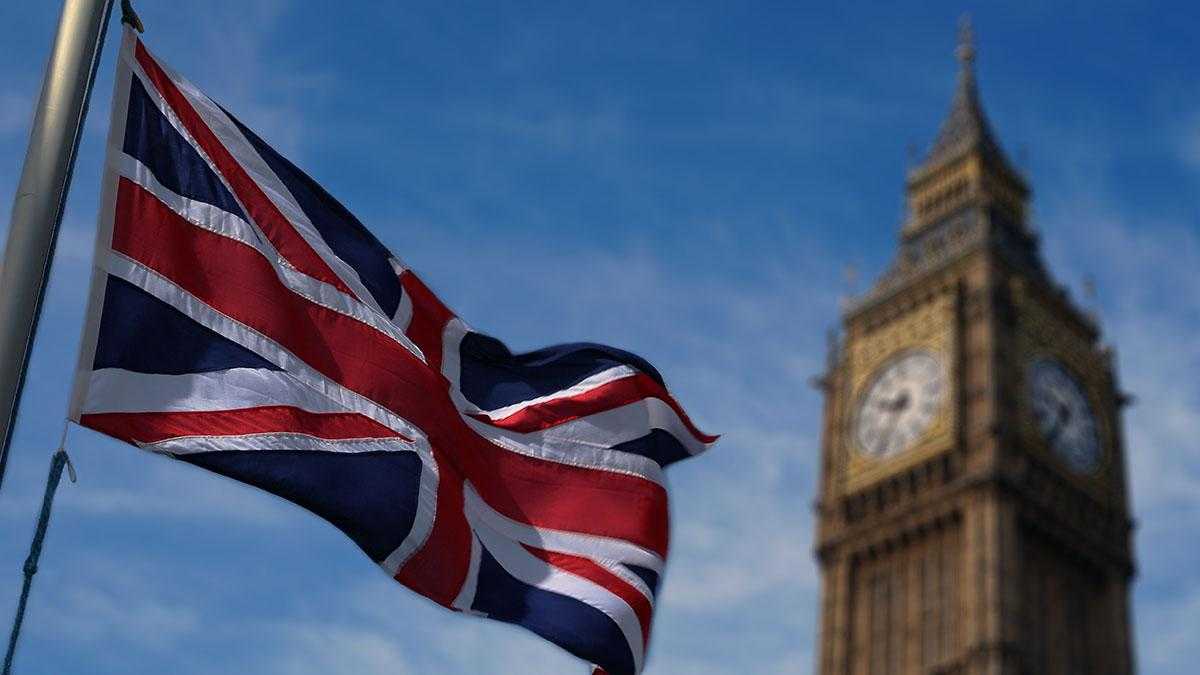As Members of Parliament congregated on Saturday for the first time in over 30 years the UK and financial markets eagerly anticipated the vote of Boris Johnsons ‘great new deal’. Thursday, Friday and Saturday morning had been spent the conservative party gaining support and flogging the deal to rebel opposition members and those sat firmly on the fence, many stating that the numbers were too close to call.

However, as has often been the case with this process parliament elected to take a different route with parliament passing a last-minute amendment which meant the vote would be delayed until legislation was passed. This new piece of named the Letwin Amendment rendered a vote on Saturday as meaningless and was pulled from the agenda following a vote on the amendment. The amendment proving popular as it appealed to MP’s who are keen to secure a deal and leave the EU but don’t necessarily want or trust the current one. The delay providing parliament with more time to digest and seek clarification on the current deal which spans over 500 pages and was only available to them a few days before the vote.
The vote on the Letwin Amendment was passed with 322 MP’s voting for and 302 against. The amendment essentially triggering the Benn act compelling Prime minster Johnson stating firmly that he would not send a letter requesting a further extension, pledging instead that he would get his deal agreed by Oct the 31st, a possibility which seems remote at best.
Extension or no extension
Although defiant Boris Johnson is understood to have sent not just one but two letters. The first which was unsigned by the Prime Minster request a delay and the second stated he felt a delay was not needed. Experts now believe that the EU could take up to a week to reply in order to increase the chance of a deal being pushed through by parliament.
Whilst many commentators believe that extension would be granted by the European Union it’s understood that it would only be granted in the eventuality of a UK election or a second referendum.
Jean-Claude Juncker after the new Brexit deal was reached stated that there was no further need for prolongation as a deal had been reached. It will now be interesting to see if this view is shared by other key figures in the EU and the 27 member states, especially as many feel that with clarification on a few points, Johnson’s deal could well be approved by parliament.
Remain supporters congregate around Westminster
Whilst parliament was in session hundreds of thousands converged on Westminster in order to march for a second referendum on Boris Johnson new deal. March participants came for all corners of the country, with celebrity’s and key public figures shouldering the transport costs.
The march was touted as one of the most significant in British history with just shy of a million estimated to have march through Westminster.
Project Yellowhammer being planned
The rejection of the meaningful vote in Saturday’s parliament session saw the government renew plans for no deal. Conservative member Michael Gove confirming he would be chairing a meeting to renew plans for project yellowhammer. Gove now believes the chances of the UK leaving with a deal have increased significantly and therefore will be triggering project to ensure the government has planned and prepared for the real possibility of the UK leaving without a deal.
Yellowhammer which is designed to mitigate the risks of a no-deal Brexit. It includes plans to alleviate issues with port tailbacks, the supply of foods and medicines and rises in the prices of everyday goods, to name just a few.
Is pound likely to fall as deadline looms?
Pound exchange rates find themselves on a knife-edge, the omission of a meaningful vote could be interpreted as negative for GBP. Further uncertainty has the possibility of nudging GBP lower with GBP/EUR and GBP/USD between 2-3% lower, pre breakthrough. This will be a concern to investors, despite this, politically the conservatives remain confident of passing the vote. If Johnson has shown his integrity and approached the deal in a transparent manner, he will receive support from rebel labour members, the DUP and by and large the conservative party which could force through a deal. If this is achieved expect GBP/EUR to approach 1.18 levels and Pound – Dollar to approach the 1.30 mark.
If however the Prime Minister has attempted to hoodwink MP’s and the deal doesn’t size up to his sales pitch levels of 1.11 to 1.13 could be seen once again and the GBP-USD could tumble lower to around 1.22 to 1.24 levels.
Gains could be underpinned a by a very recent omission that the DUP will support a clarified deal and do not wish for further Brexit delays. If Johnson can do his best to allay any fears or pacify the DUP before the vote on his new Brexit deal expect a significant breakthrough and pound gains.